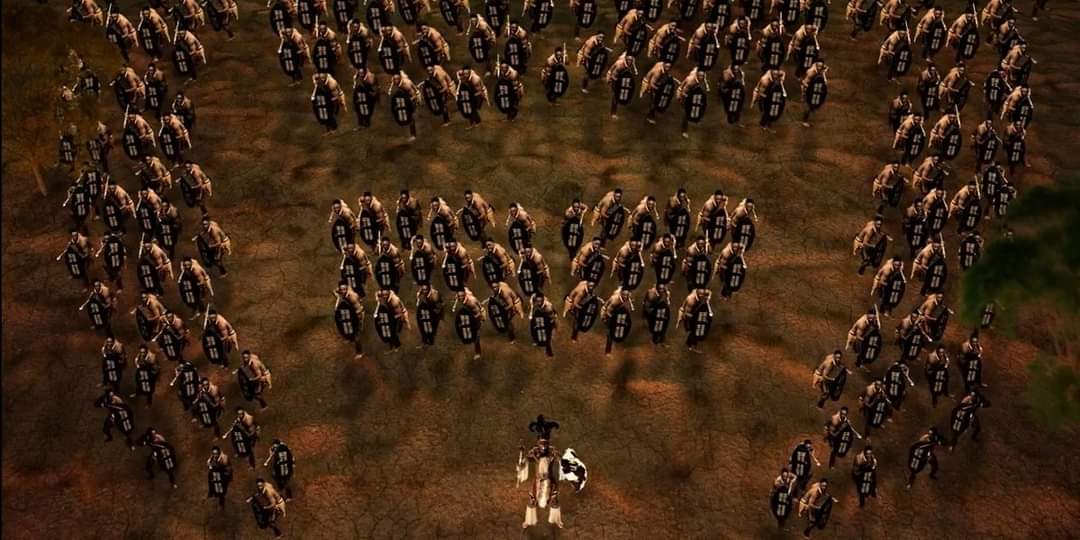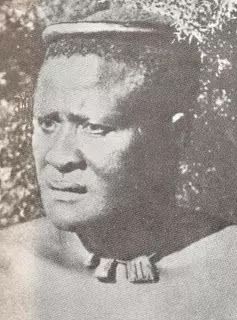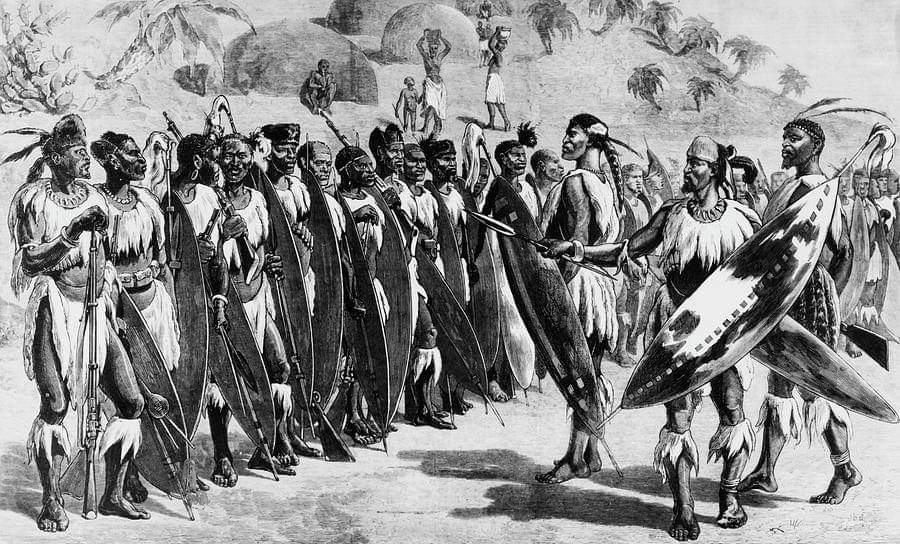Thread : Zimbabwean  https://abs.twimg.com/emoji/v2/... draggable="false" alt="🇿🇼" title="Flagge von Simbabwe" aria-label="Emoji: Flagge von Simbabwe">
https://abs.twimg.com/emoji/v2/... draggable="false" alt="🇿🇼" title="Flagge von Simbabwe" aria-label="Emoji: Flagge von Simbabwe">  https://abs.twimg.com/emoji/v2/... draggable="false" alt="🇿🇼" title="Flagge von Simbabwe" aria-label="Emoji: Flagge von Simbabwe"> History. From the origins of Shona and Ndebele Ancestors, 900 AD to 1890. Colonization, White Minority Rule, Liberation War, Independence from Britain in 1980, Zanu 1 party state, Gukurahundi, 80s, 90s, MDC, 2008 crisis, 2017 Coup. HOW WE GOT TO 2020.
https://abs.twimg.com/emoji/v2/... draggable="false" alt="🇿🇼" title="Flagge von Simbabwe" aria-label="Emoji: Flagge von Simbabwe"> History. From the origins of Shona and Ndebele Ancestors, 900 AD to 1890. Colonization, White Minority Rule, Liberation War, Independence from Britain in 1980, Zanu 1 party state, Gukurahundi, 80s, 90s, MDC, 2008 crisis, 2017 Coup. HOW WE GOT TO 2020. https://abs.twimg.com/emoji/v2/... draggable="false" alt="🇿🇼" title="Flagge von Simbabwe" aria-label="Emoji: Flagge von Simbabwe">
https://abs.twimg.com/emoji/v2/... draggable="false" alt="🇿🇼" title="Flagge von Simbabwe" aria-label="Emoji: Flagge von Simbabwe">
Oral history has it that our Ancestors originated from an area called Guruuswa (Long grass) (Modern day Great Lakes area in Central African) They moved south as part of hundreds of protobantu tribes during the massive bantu migration. Only the San(Bushmen) originated in the South
Shonas trace their origins to a Great ancestor who was named TOVERA, his son was MAMBIRI/NEMBIRE, whose son was MURENGA SORORENZOU PFUMOJENA, whose sons were CHAMINUKA, MUSHAVATU & GUMBI (OG NEHANDA). Shonas, Kalangas and Vendas trace their ancestry back to this dynasty.
Ndebeles trace their origins to the Ngunis, founding father of Mthwakazi, MZILIKAZI led his people north, moving away from Nguniland after he had a misunderstanding with Zulu King Shaka. He went to modern day Mozambique, then Botswana and Zambia then settled in modern day  https://abs.twimg.com/emoji/v2/... draggable="false" alt="🇿🇼" title="Flagge von Simbabwe" aria-label="Emoji: Flagge von Simbabwe">
https://abs.twimg.com/emoji/v2/... draggable="false" alt="🇿🇼" title="Flagge von Simbabwe" aria-label="Emoji: Flagge von Simbabwe">
The traditional song "Tovera mudzimu dzoka" has been passed on generation after generation... It points to that original ancestor whose spirit is being summoned
Modern Day Zimbabwe  https://abs.twimg.com/emoji/v2/... draggable="false" alt="🇿🇼" title="Flagge von Simbabwe" aria-label="Emoji: Flagge von Simbabwe"> was occupied by a lot of kingdoms and tribes for hundreds of years before the arrival of colonialism and borders happened. The Kingdom of Mapungubwe (1075 to 1220) was the parent that produced many others over the 800 years that followed
https://abs.twimg.com/emoji/v2/... draggable="false" alt="🇿🇼" title="Flagge von Simbabwe" aria-label="Emoji: Flagge von Simbabwe"> was occupied by a lot of kingdoms and tribes for hundreds of years before the arrival of colonialism and borders happened. The Kingdom of Mapungubwe (1075 to 1220) was the parent that produced many others over the 800 years that followed
Mapungubwe was situated where Shashe and Limpopo rivers meet. At it& #39;s peak, the capital had an estimated 5000 people. This included modern day Shonas, Kalangas and Vendas. (Explains why the languages share so many similarities)
At the start of the 13th century... 1220s, drought and overpopulation forced Mapungubwe to be abandoned and various tribes started to spread across Southern h Africa  https://abs.twimg.com/emoji/v2/... draggable="false" alt="🌍" title="Europa-Afrika auf dem Globus" aria-label="Emoji: Europa-Afrika auf dem Globus">.... This led to the formation of the Great Zimbabwe state/kingdom
https://abs.twimg.com/emoji/v2/... draggable="false" alt="🌍" title="Europa-Afrika auf dem Globus" aria-label="Emoji: Europa-Afrika auf dem Globus">.... This led to the formation of the Great Zimbabwe state/kingdom
The Great Zimbabwe kingdom was the first to build stone walls, without mud, just using stones and rocks. The King had the title MAMBO and they traded with Arabs... Dealing in ivory, gold and they kept cattle. They practiced what is known as the GOKOMERE culture
The Great Zimbabwe state survived for over 200 years from the 1220s to the 1450s. The stone walls still stand today. Subjects paid tribute to MAMBO
In the 1450s, a prince (NYATSIMBA MUTOTA) from the royal family of the Great Zimbabwe kingdom went to the modern day Dande area to look for new sources of salt (Salt was a big deal)... He decided to conquer the Tavara people and their land to establish MUTAPA state in the 1460s
Other historians say Nyatsimba Mutota could have left the Great Zimbabwe empire after he went to war with his brother MUKWATI
The rise of the Mutapa State coincided with the abandonment of the Great Zimbabwe capital. Nyatsimba Mutota (they probably called him MUTOTESI) because he had many wives  https://abs.twimg.com/emoji/v2/... draggable="false" alt="💀" title="Schädel" aria-label="Emoji: Schädel">
https://abs.twimg.com/emoji/v2/... draggable="false" alt="💀" title="Schädel" aria-label="Emoji: Schädel"> https://abs.twimg.com/emoji/v2/... draggable="false" alt="💯" title="Hundert Punkte Symbol" aria-label="Emoji: Hundert Punkte Symbol"> Aftet his death, his son NYANHEWE MATOPE took over the reigns
https://abs.twimg.com/emoji/v2/... draggable="false" alt="💯" title="Hundert Punkte Symbol" aria-label="Emoji: Hundert Punkte Symbol"> Aftet his death, his son NYANHEWE MATOPE took over the reigns
Of the people who left the Great Zimbabwe, a tribe of modern day Kalangas went west, they formed the Kingdom of Butua/Butwa, it& #39;s capital being KHAMI (Modern day Khami Ruins) The royal  https://abs.twimg.com/emoji/v2/... draggable="false" alt="👑" title="Krone" aria-label="Emoji: Krone"> family of the Butua kingdom were known as the Togwa/Torwa/Tolwa
https://abs.twimg.com/emoji/v2/... draggable="false" alt="👑" title="Krone" aria-label="Emoji: Krone"> family of the Butua kingdom were known as the Togwa/Torwa/Tolwa
Mutapa empire was at it& #39;s peak in the 1480s through to the 1500s when they had a very close relationship with the Portuguese who came to trade. The Portuguese had serious influence on the royal  https://abs.twimg.com/emoji/v2/... draggable="false" alt="👑" title="Krone" aria-label="Emoji: Krone"> families of the Mutapa state.
https://abs.twimg.com/emoji/v2/... draggable="false" alt="👑" title="Krone" aria-label="Emoji: Krone"> families of the Mutapa state.
NYANHEWE MATOPE conquered more territory. He overran a small kingdom in the east, kingdom of MANYIKA (Wasu?) after they refused to join his empire and pay tribute
The empire survived for more than 300 years. In 1629, a descentant of Mutota tried to expell the increasingly influential Portuguese out of Mutapa but they usurped him and installed a puppet they could control, his name was MAVURA MHANDE FELIP, yes they gave the nigga a name
MAVURA MHANDE ceded control of gold mines to the Portuguese, who now kept a garrisson of armed men in the capital of the Mutapa!!! Crazy isn& #39;t it. Angered by this, subject chiefdoms like Manyika and Madanda refused to pay tribute to a puppet King  https://abs.twimg.com/emoji/v2/... draggable="false" alt="👑" title="Krone" aria-label="Emoji: Krone">
https://abs.twimg.com/emoji/v2/... draggable="false" alt="👑" title="Krone" aria-label="Emoji: Krone">
In the 1680s, a low ranking Mutapa prince named Dombo invaded the Kingdom of Butua at Khami...He founded the Kingdom of ROZVI, they were namer VAROZVI/VAROZWI... DESTROYERS /PLUNDERERS because they were brutal in battle and they conquered everything in their way.
Rozvi(Karanga) warriors were unmatched, they defeated the Portuguese without guns... They established the Capital at Danangombe (DhloDhlo). Changamire Dombo himself fought. They ruled the entire Zimbabwean plateau
Changamire Dombo is believed to have been able to turn a white cow into a red cow. Inspiring fear and respect.
In the 1720s Changamire Nyamhandi moved to capital to Tete. He was replaced by Changamire Nyatsutsu who died in 1740. Changamire Dehwe Mupunzagutu took over but died in 1759 during a civil war. A faction of the belligerents formed a new kingdom called Chidima
The Rozvi Empire slowly declined because trade with the Portuguese was now very slow because they had now found a better business. SLAVE TRADE. The Bamangwato of Botswana were attacking the empire too. Drought in 1785 to 1800 and 1824 to 1829 weakened it.
Now, in the early 1800s, while the Rozvi empire was slowly weakening. In the South, Mfecane was happening. The famous King Shaka Zulu was obliterating enemies and competition. Triggering a mass Exodus from the Nguniland. Most tribes that left went North to move away from Shaka
Zwangendaba, a commander of the Ndwandwe army, fled north with Soshangane after his defeat in 1819. Zwangendaba& #39;s followers were henceforth called Ngoni. Continuing north of the Zambezi River, they formed a state in the region between lakes Malawi and Tanganyika.
Soshangane, one of Zwide& #39;s generals, fled to Mozambique with the remainder of the Ndwandwe people. There they established the Gaza kingdom. They oppressed the Tsonga people living there, some of whom fled over the Lebombo Mountains into the Northern Transvaal.
The Tswana were pillaged by two large invasionary forces set on the move by the Mfecane. Sebitwane gathered the Kololo ethnic groups near modern Lesotho and wandered north across what is now Botswana, plundering and killing many of the Tswana people in the way.
Mzilikazi of the KHUMALO clan, was a Lieutenant in Shaka Zulu& #39;s army. Took his people to the east after defying Shaka and fearing execution. He led thousands of AMANDEBELE (MATEBELE in English) towards modern day Swaziland but persistent attacks forced him to move
MZILIKAZI moved with his people to the transvaal and conquered the tribes that were there. He settled for 10 years until frequent incursions by the boers forced him across the Limpopo
Voortrekkers began to arrive enmasse and by early 1838, Mzilikazi and his people were forced northwards out of Transvaal altogether and across the Limpopo River. Further attacks caused him to move again, at first westwards into present-day Botswana
In Zambia they couldn& #39;t settle because of the prevalence of tsetse fly which carried diseases fatal to oxen. Mzilikazi therefore travelled again, southeastwards into what became known as Matabeleland (situated in the southwest of present-day Zimbabwe) and settled there in 1840.
After his arrival, he organised his followers into a militaristic system with regimental kraals, similar to those of Shaka; under his leadership the Ndebele became strong enough to repel the Boer attacks of 1847–1851 and persuade the gov of the SA Re to sign a peace treaty.
While Mzilikazi was generally friendly to European travellers, he remained mindful of the danger that they posed to his kingdom. In later years he refused some visitors access to his realm. The Europeans who met Mzilikazi include Henry Hartley, hunter and explorer; Robert Moffat
During the tribe& #39;s wanderings north of the Limpopo, Mzilikazi became separated from the bulk of the tribe. They gave him up for dead and hailed his young heir Nkulumane as his successor. However, Mzilikazi reappeared after a traumatic journey through the Zambezi Valley
According to one account, his son and all the chiefs who had chosen him were put to death on his orders. A popular belief is that they were executed by being thrown down a steep cliff on the hill now called Ntabazinduna [hill of the chiefs].
Another account claims that Nkulumane was not killed with the chiefs, but was sent back to the Zulu Kingdom with a sizeable delegation which included warriors. During his journey south, he passed through the Bakwena territory in the northwestern Transvaal, near Rustenburg today
At the time the Bakwena were struggling to repel repeated attacks from a neighbouring king, who laid claim to the territory that they occupied. Nkulumane assisted the Bakwena by leading his impi [regiment] in a battle in which Nkulumane himself killed the neighbouring king.
Following this victory the Bakwena convinced Nkulumane to settle in their territory, arguing that it would be futile to return to the Zulu kingdom as his father& #39;s enemies would probably kill him. Nkulumane settled and lived with his family in that area until his death in 1883
His grave, covered in a concrete slab, is on the outskirts of Rustenburg in Phokeng. The site of Nkulumane& #39;s grave is incongruously referred to as Mzilikazi& #39;s Kop [hill], even though it is his son who is buried there.
After resuming his role as chief, Mzilikazi founded his capital 5 kilometres from Ntabazinduna and named it ko-Bulawayo [place of slaughter]. Shaka& #39;s capital was also called Bulawayo
In 1868, 9 September, Mzilikazi died at Ingama, Matabeleland (near Bulawayo, Zimbabwe) and Lobengula was installed as king in 1870, after a short civil war due to him being born of an inferior royal mother. He personally fought in the battles and earned respect
About 10 000 Ndebele warriors in full regalia attended Lobengula & #39;s coronation
So much has been said over raids. Some use it as a reason for justifying tribal hatred but this is a topic I& #39;m still researching. Kingdom of Mthwakazi, like any other kingdom expected the tribes it conquered to pay tribute to the King
The chiefs who refused to pay tax/tribute were raided. The raids went as far as Chivi and Chief Chirimuhanzu& #39;s territories and the Rimukas of Kadoma today....Shonas also carried out raids on unguarded parts of the Mthwakazi kingdom
Tomorrow 20 September i will post a continuation of this thread covering, Colonization of Zimbabwe....1890 to 1980 ... New Zimbabwe and the history of totems. How cities and towns were named.

 Read on Twitter
Read on Twitter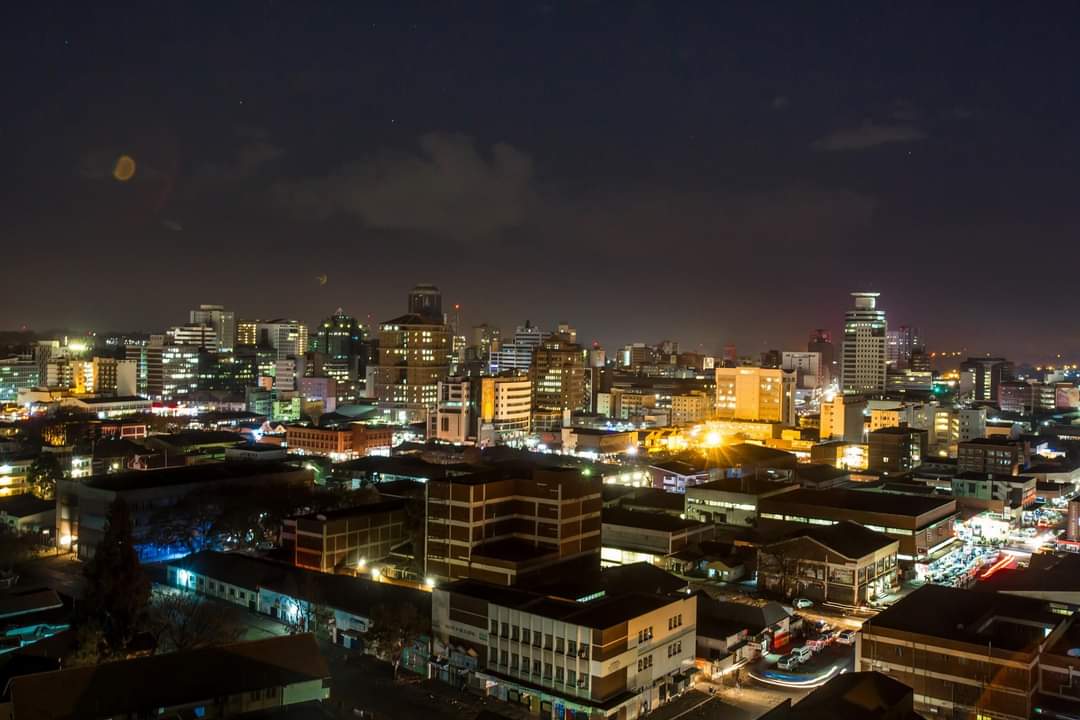 https://abs.twimg.com/emoji/v2/... draggable="false" alt="🇿🇼" title="Flagge von Simbabwe" aria-label="Emoji: Flagge von Simbabwe"> History. From the origins of Shona and Ndebele Ancestors, 900 AD to 1890. Colonization, White Minority Rule, Liberation War, Independence from Britain in 1980, Zanu 1 party state, Gukurahundi, 80s, 90s, MDC, 2008 crisis, 2017 Coup. HOW WE GOT TO 2020.https://abs.twimg.com/emoji/v2/... draggable="false" alt="🇿🇼" title="Flagge von Simbabwe" aria-label="Emoji: Flagge von Simbabwe">" title="Thread : Zimbabwean https://abs.twimg.com/emoji/v2/... draggable="false" alt="🇿🇼" title="Flagge von Simbabwe" aria-label="Emoji: Flagge von Simbabwe"> https://abs.twimg.com/emoji/v2/... draggable="false" alt="🇿🇼" title="Flagge von Simbabwe" aria-label="Emoji: Flagge von Simbabwe"> History. From the origins of Shona and Ndebele Ancestors, 900 AD to 1890. Colonization, White Minority Rule, Liberation War, Independence from Britain in 1980, Zanu 1 party state, Gukurahundi, 80s, 90s, MDC, 2008 crisis, 2017 Coup. HOW WE GOT TO 2020.https://abs.twimg.com/emoji/v2/... draggable="false" alt="🇿🇼" title="Flagge von Simbabwe" aria-label="Emoji: Flagge von Simbabwe">">
https://abs.twimg.com/emoji/v2/... draggable="false" alt="🇿🇼" title="Flagge von Simbabwe" aria-label="Emoji: Flagge von Simbabwe"> History. From the origins of Shona and Ndebele Ancestors, 900 AD to 1890. Colonization, White Minority Rule, Liberation War, Independence from Britain in 1980, Zanu 1 party state, Gukurahundi, 80s, 90s, MDC, 2008 crisis, 2017 Coup. HOW WE GOT TO 2020.https://abs.twimg.com/emoji/v2/... draggable="false" alt="🇿🇼" title="Flagge von Simbabwe" aria-label="Emoji: Flagge von Simbabwe">" title="Thread : Zimbabwean https://abs.twimg.com/emoji/v2/... draggable="false" alt="🇿🇼" title="Flagge von Simbabwe" aria-label="Emoji: Flagge von Simbabwe"> https://abs.twimg.com/emoji/v2/... draggable="false" alt="🇿🇼" title="Flagge von Simbabwe" aria-label="Emoji: Flagge von Simbabwe"> History. From the origins of Shona and Ndebele Ancestors, 900 AD to 1890. Colonization, White Minority Rule, Liberation War, Independence from Britain in 1980, Zanu 1 party state, Gukurahundi, 80s, 90s, MDC, 2008 crisis, 2017 Coup. HOW WE GOT TO 2020.https://abs.twimg.com/emoji/v2/... draggable="false" alt="🇿🇼" title="Flagge von Simbabwe" aria-label="Emoji: Flagge von Simbabwe">">
 https://abs.twimg.com/emoji/v2/... draggable="false" alt="🇿🇼" title="Flagge von Simbabwe" aria-label="Emoji: Flagge von Simbabwe"> History. From the origins of Shona and Ndebele Ancestors, 900 AD to 1890. Colonization, White Minority Rule, Liberation War, Independence from Britain in 1980, Zanu 1 party state, Gukurahundi, 80s, 90s, MDC, 2008 crisis, 2017 Coup. HOW WE GOT TO 2020.https://abs.twimg.com/emoji/v2/... draggable="false" alt="🇿🇼" title="Flagge von Simbabwe" aria-label="Emoji: Flagge von Simbabwe">" title="Thread : Zimbabwean https://abs.twimg.com/emoji/v2/... draggable="false" alt="🇿🇼" title="Flagge von Simbabwe" aria-label="Emoji: Flagge von Simbabwe"> https://abs.twimg.com/emoji/v2/... draggable="false" alt="🇿🇼" title="Flagge von Simbabwe" aria-label="Emoji: Flagge von Simbabwe"> History. From the origins of Shona and Ndebele Ancestors, 900 AD to 1890. Colonization, White Minority Rule, Liberation War, Independence from Britain in 1980, Zanu 1 party state, Gukurahundi, 80s, 90s, MDC, 2008 crisis, 2017 Coup. HOW WE GOT TO 2020.https://abs.twimg.com/emoji/v2/... draggable="false" alt="🇿🇼" title="Flagge von Simbabwe" aria-label="Emoji: Flagge von Simbabwe">">
https://abs.twimg.com/emoji/v2/... draggable="false" alt="🇿🇼" title="Flagge von Simbabwe" aria-label="Emoji: Flagge von Simbabwe"> History. From the origins of Shona and Ndebele Ancestors, 900 AD to 1890. Colonization, White Minority Rule, Liberation War, Independence from Britain in 1980, Zanu 1 party state, Gukurahundi, 80s, 90s, MDC, 2008 crisis, 2017 Coup. HOW WE GOT TO 2020.https://abs.twimg.com/emoji/v2/... draggable="false" alt="🇿🇼" title="Flagge von Simbabwe" aria-label="Emoji: Flagge von Simbabwe">" title="Thread : Zimbabwean https://abs.twimg.com/emoji/v2/... draggable="false" alt="🇿🇼" title="Flagge von Simbabwe" aria-label="Emoji: Flagge von Simbabwe"> https://abs.twimg.com/emoji/v2/... draggable="false" alt="🇿🇼" title="Flagge von Simbabwe" aria-label="Emoji: Flagge von Simbabwe"> History. From the origins of Shona and Ndebele Ancestors, 900 AD to 1890. Colonization, White Minority Rule, Liberation War, Independence from Britain in 1980, Zanu 1 party state, Gukurahundi, 80s, 90s, MDC, 2008 crisis, 2017 Coup. HOW WE GOT TO 2020.https://abs.twimg.com/emoji/v2/... draggable="false" alt="🇿🇼" title="Flagge von Simbabwe" aria-label="Emoji: Flagge von Simbabwe">">
 https://abs.twimg.com/emoji/v2/... draggable="false" alt="🇿🇼" title="Flagge von Simbabwe" aria-label="Emoji: Flagge von Simbabwe"> History. From the origins of Shona and Ndebele Ancestors, 900 AD to 1890. Colonization, White Minority Rule, Liberation War, Independence from Britain in 1980, Zanu 1 party state, Gukurahundi, 80s, 90s, MDC, 2008 crisis, 2017 Coup. HOW WE GOT TO 2020.https://abs.twimg.com/emoji/v2/... draggable="false" alt="🇿🇼" title="Flagge von Simbabwe" aria-label="Emoji: Flagge von Simbabwe">" title="Thread : Zimbabwean https://abs.twimg.com/emoji/v2/... draggable="false" alt="🇿🇼" title="Flagge von Simbabwe" aria-label="Emoji: Flagge von Simbabwe"> https://abs.twimg.com/emoji/v2/... draggable="false" alt="🇿🇼" title="Flagge von Simbabwe" aria-label="Emoji: Flagge von Simbabwe"> History. From the origins of Shona and Ndebele Ancestors, 900 AD to 1890. Colonization, White Minority Rule, Liberation War, Independence from Britain in 1980, Zanu 1 party state, Gukurahundi, 80s, 90s, MDC, 2008 crisis, 2017 Coup. HOW WE GOT TO 2020.https://abs.twimg.com/emoji/v2/... draggable="false" alt="🇿🇼" title="Flagge von Simbabwe" aria-label="Emoji: Flagge von Simbabwe">">
https://abs.twimg.com/emoji/v2/... draggable="false" alt="🇿🇼" title="Flagge von Simbabwe" aria-label="Emoji: Flagge von Simbabwe"> History. From the origins of Shona and Ndebele Ancestors, 900 AD to 1890. Colonization, White Minority Rule, Liberation War, Independence from Britain in 1980, Zanu 1 party state, Gukurahundi, 80s, 90s, MDC, 2008 crisis, 2017 Coup. HOW WE GOT TO 2020.https://abs.twimg.com/emoji/v2/... draggable="false" alt="🇿🇼" title="Flagge von Simbabwe" aria-label="Emoji: Flagge von Simbabwe">" title="Thread : Zimbabwean https://abs.twimg.com/emoji/v2/... draggable="false" alt="🇿🇼" title="Flagge von Simbabwe" aria-label="Emoji: Flagge von Simbabwe"> https://abs.twimg.com/emoji/v2/... draggable="false" alt="🇿🇼" title="Flagge von Simbabwe" aria-label="Emoji: Flagge von Simbabwe"> History. From the origins of Shona and Ndebele Ancestors, 900 AD to 1890. Colonization, White Minority Rule, Liberation War, Independence from Britain in 1980, Zanu 1 party state, Gukurahundi, 80s, 90s, MDC, 2008 crisis, 2017 Coup. HOW WE GOT TO 2020.https://abs.twimg.com/emoji/v2/... draggable="false" alt="🇿🇼" title="Flagge von Simbabwe" aria-label="Emoji: Flagge von Simbabwe">">
 https://abs.twimg.com/emoji/v2/... draggable="false" alt="🇿🇼" title="Flagge von Simbabwe" aria-label="Emoji: Flagge von Simbabwe"> History. From the origins of Shona and Ndebele Ancestors, 900 AD to 1890. Colonization, White Minority Rule, Liberation War, Independence from Britain in 1980, Zanu 1 party state, Gukurahundi, 80s, 90s, MDC, 2008 crisis, 2017 Coup. HOW WE GOT TO 2020.https://abs.twimg.com/emoji/v2/... draggable="false" alt="🇿🇼" title="Flagge von Simbabwe" aria-label="Emoji: Flagge von Simbabwe">" title="Thread : Zimbabwean https://abs.twimg.com/emoji/v2/... draggable="false" alt="🇿🇼" title="Flagge von Simbabwe" aria-label="Emoji: Flagge von Simbabwe"> https://abs.twimg.com/emoji/v2/... draggable="false" alt="🇿🇼" title="Flagge von Simbabwe" aria-label="Emoji: Flagge von Simbabwe"> History. From the origins of Shona and Ndebele Ancestors, 900 AD to 1890. Colonization, White Minority Rule, Liberation War, Independence from Britain in 1980, Zanu 1 party state, Gukurahundi, 80s, 90s, MDC, 2008 crisis, 2017 Coup. HOW WE GOT TO 2020.https://abs.twimg.com/emoji/v2/... draggable="false" alt="🇿🇼" title="Flagge von Simbabwe" aria-label="Emoji: Flagge von Simbabwe">">
https://abs.twimg.com/emoji/v2/... draggable="false" alt="🇿🇼" title="Flagge von Simbabwe" aria-label="Emoji: Flagge von Simbabwe"> History. From the origins of Shona and Ndebele Ancestors, 900 AD to 1890. Colonization, White Minority Rule, Liberation War, Independence from Britain in 1980, Zanu 1 party state, Gukurahundi, 80s, 90s, MDC, 2008 crisis, 2017 Coup. HOW WE GOT TO 2020.https://abs.twimg.com/emoji/v2/... draggable="false" alt="🇿🇼" title="Flagge von Simbabwe" aria-label="Emoji: Flagge von Simbabwe">" title="Thread : Zimbabwean https://abs.twimg.com/emoji/v2/... draggable="false" alt="🇿🇼" title="Flagge von Simbabwe" aria-label="Emoji: Flagge von Simbabwe"> https://abs.twimg.com/emoji/v2/... draggable="false" alt="🇿🇼" title="Flagge von Simbabwe" aria-label="Emoji: Flagge von Simbabwe"> History. From the origins of Shona and Ndebele Ancestors, 900 AD to 1890. Colonization, White Minority Rule, Liberation War, Independence from Britain in 1980, Zanu 1 party state, Gukurahundi, 80s, 90s, MDC, 2008 crisis, 2017 Coup. HOW WE GOT TO 2020.https://abs.twimg.com/emoji/v2/... draggable="false" alt="🇿🇼" title="Flagge von Simbabwe" aria-label="Emoji: Flagge von Simbabwe">">

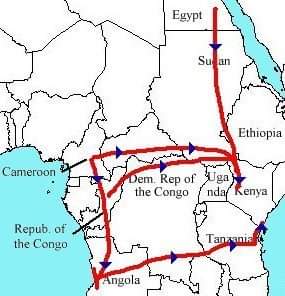
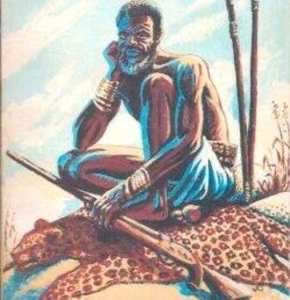
 " title="Ndebeles trace their origins to the Ngunis, founding father of Mthwakazi, MZILIKAZI led his people north, moving away from Nguniland after he had a misunderstanding with Zulu King Shaka. He went to modern day Mozambique, then Botswana and Zambia then settled in modern day https://abs.twimg.com/emoji/v2/... draggable="false" alt="🇿🇼" title="Flagge von Simbabwe" aria-label="Emoji: Flagge von Simbabwe">" class="img-responsive" style="max-width:100%;"/>
" title="Ndebeles trace their origins to the Ngunis, founding father of Mthwakazi, MZILIKAZI led his people north, moving away from Nguniland after he had a misunderstanding with Zulu King Shaka. He went to modern day Mozambique, then Botswana and Zambia then settled in modern day https://abs.twimg.com/emoji/v2/... draggable="false" alt="🇿🇼" title="Flagge von Simbabwe" aria-label="Emoji: Flagge von Simbabwe">" class="img-responsive" style="max-width:100%;"/>
 was occupied by a lot of kingdoms and tribes for hundreds of years before the arrival of colonialism and borders happened. The Kingdom of Mapungubwe (1075 to 1220) was the parent that produced many others over the 800 years that followed" title="Modern Day Zimbabwe https://abs.twimg.com/emoji/v2/... draggable="false" alt="🇿🇼" title="Flagge von Simbabwe" aria-label="Emoji: Flagge von Simbabwe"> was occupied by a lot of kingdoms and tribes for hundreds of years before the arrival of colonialism and borders happened. The Kingdom of Mapungubwe (1075 to 1220) was the parent that produced many others over the 800 years that followed" class="img-responsive" style="max-width:100%;"/>
was occupied by a lot of kingdoms and tribes for hundreds of years before the arrival of colonialism and borders happened. The Kingdom of Mapungubwe (1075 to 1220) was the parent that produced many others over the 800 years that followed" title="Modern Day Zimbabwe https://abs.twimg.com/emoji/v2/... draggable="false" alt="🇿🇼" title="Flagge von Simbabwe" aria-label="Emoji: Flagge von Simbabwe"> was occupied by a lot of kingdoms and tribes for hundreds of years before the arrival of colonialism and borders happened. The Kingdom of Mapungubwe (1075 to 1220) was the parent that produced many others over the 800 years that followed" class="img-responsive" style="max-width:100%;"/>
 .... This led to the formation of the Great Zimbabwe state/kingdom" title="At the start of the 13th century... 1220s, drought and overpopulation forced Mapungubwe to be abandoned and various tribes started to spread across Southern h Africa https://abs.twimg.com/emoji/v2/... draggable="false" alt="🌍" title="Europa-Afrika auf dem Globus" aria-label="Emoji: Europa-Afrika auf dem Globus">.... This led to the formation of the Great Zimbabwe state/kingdom" class="img-responsive" style="max-width:100%;"/>
.... This led to the formation of the Great Zimbabwe state/kingdom" title="At the start of the 13th century... 1220s, drought and overpopulation forced Mapungubwe to be abandoned and various tribes started to spread across Southern h Africa https://abs.twimg.com/emoji/v2/... draggable="false" alt="🌍" title="Europa-Afrika auf dem Globus" aria-label="Emoji: Europa-Afrika auf dem Globus">.... This led to the formation of the Great Zimbabwe state/kingdom" class="img-responsive" style="max-width:100%;"/>
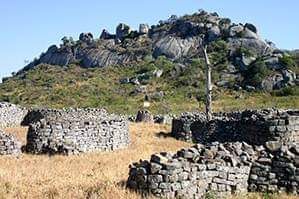
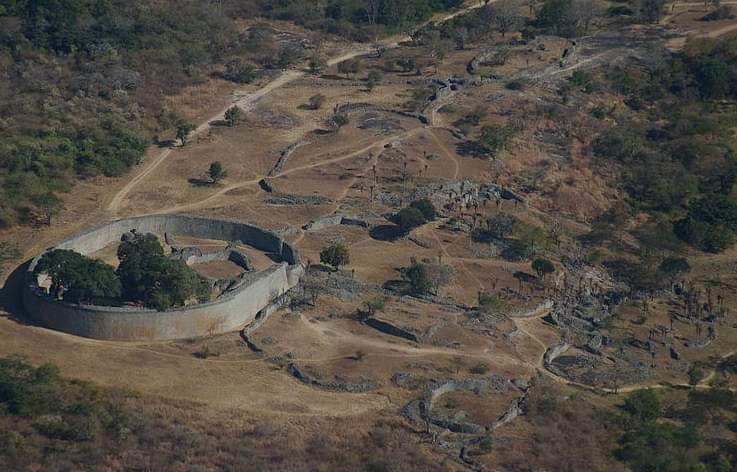


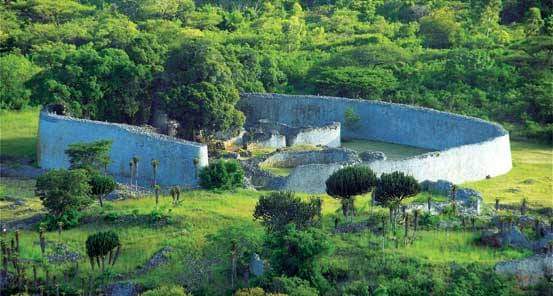
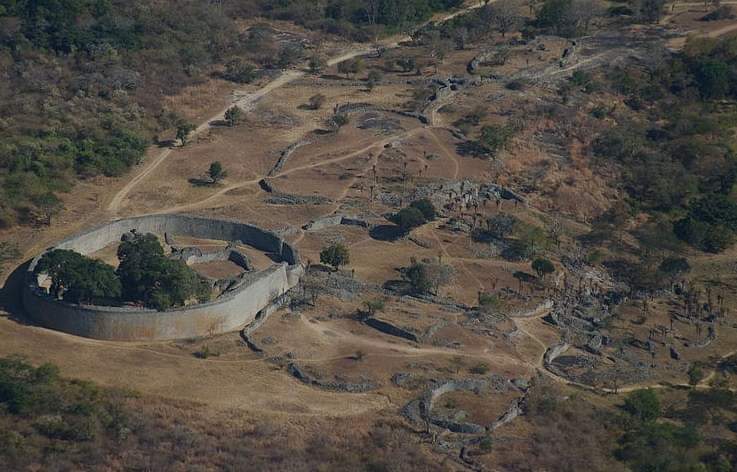

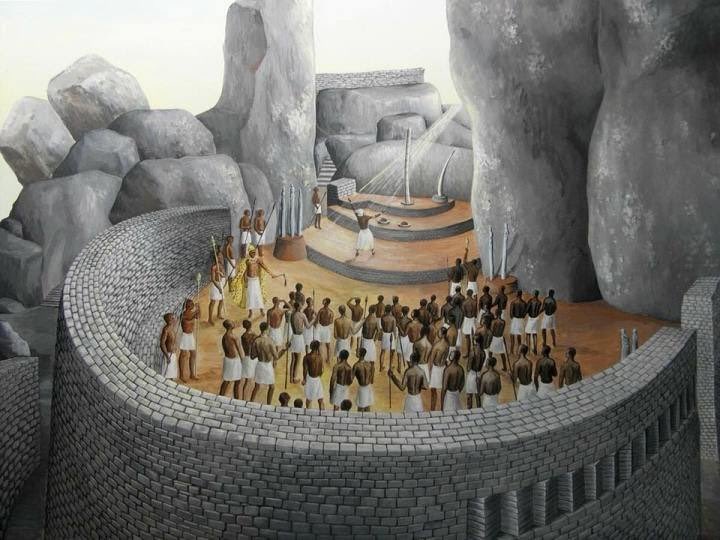
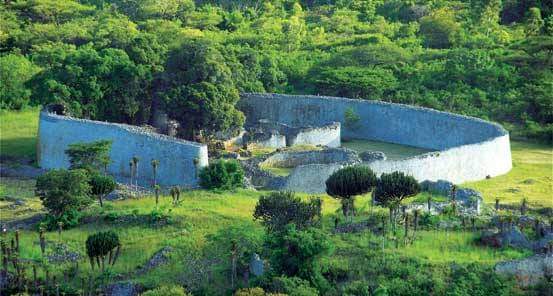 https://abs.twimg.com/emoji/v2/... draggable="false" alt="💯" title="Hundert Punkte Symbol" aria-label="Emoji: Hundert Punkte Symbol"> Aftet his death, his son NYANHEWE MATOPE took over the reigns" title="The rise of the Mutapa State coincided with the abandonment of the Great Zimbabwe capital. Nyatsimba Mutota (they probably called him MUTOTESI) because he had many wives https://abs.twimg.com/emoji/v2/... draggable="false" alt="💀" title="Schädel" aria-label="Emoji: Schädel">https://abs.twimg.com/emoji/v2/... draggable="false" alt="💯" title="Hundert Punkte Symbol" aria-label="Emoji: Hundert Punkte Symbol"> Aftet his death, his son NYANHEWE MATOPE took over the reigns">
https://abs.twimg.com/emoji/v2/... draggable="false" alt="💯" title="Hundert Punkte Symbol" aria-label="Emoji: Hundert Punkte Symbol"> Aftet his death, his son NYANHEWE MATOPE took over the reigns" title="The rise of the Mutapa State coincided with the abandonment of the Great Zimbabwe capital. Nyatsimba Mutota (they probably called him MUTOTESI) because he had many wives https://abs.twimg.com/emoji/v2/... draggable="false" alt="💀" title="Schädel" aria-label="Emoji: Schädel">https://abs.twimg.com/emoji/v2/... draggable="false" alt="💯" title="Hundert Punkte Symbol" aria-label="Emoji: Hundert Punkte Symbol"> Aftet his death, his son NYANHEWE MATOPE took over the reigns">
 https://abs.twimg.com/emoji/v2/... draggable="false" alt="💯" title="Hundert Punkte Symbol" aria-label="Emoji: Hundert Punkte Symbol"> Aftet his death, his son NYANHEWE MATOPE took over the reigns" title="The rise of the Mutapa State coincided with the abandonment of the Great Zimbabwe capital. Nyatsimba Mutota (they probably called him MUTOTESI) because he had many wives https://abs.twimg.com/emoji/v2/... draggable="false" alt="💀" title="Schädel" aria-label="Emoji: Schädel">https://abs.twimg.com/emoji/v2/... draggable="false" alt="💯" title="Hundert Punkte Symbol" aria-label="Emoji: Hundert Punkte Symbol"> Aftet his death, his son NYANHEWE MATOPE took over the reigns">
https://abs.twimg.com/emoji/v2/... draggable="false" alt="💯" title="Hundert Punkte Symbol" aria-label="Emoji: Hundert Punkte Symbol"> Aftet his death, his son NYANHEWE MATOPE took over the reigns" title="The rise of the Mutapa State coincided with the abandonment of the Great Zimbabwe capital. Nyatsimba Mutota (they probably called him MUTOTESI) because he had many wives https://abs.twimg.com/emoji/v2/... draggable="false" alt="💀" title="Schädel" aria-label="Emoji: Schädel">https://abs.twimg.com/emoji/v2/... draggable="false" alt="💯" title="Hundert Punkte Symbol" aria-label="Emoji: Hundert Punkte Symbol"> Aftet his death, his son NYANHEWE MATOPE took over the reigns">
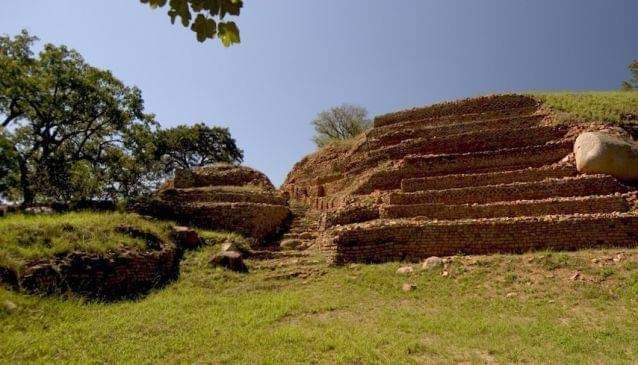 family of the Butua kingdom were known as the Togwa/Torwa/Tolwa" title="Of the people who left the Great Zimbabwe, a tribe of modern day Kalangas went west, they formed the Kingdom of Butua/Butwa, it& #39;s capital being KHAMI (Modern day Khami Ruins) The royal https://abs.twimg.com/emoji/v2/... draggable="false" alt="👑" title="Krone" aria-label="Emoji: Krone"> family of the Butua kingdom were known as the Togwa/Torwa/Tolwa">
family of the Butua kingdom were known as the Togwa/Torwa/Tolwa" title="Of the people who left the Great Zimbabwe, a tribe of modern day Kalangas went west, they formed the Kingdom of Butua/Butwa, it& #39;s capital being KHAMI (Modern day Khami Ruins) The royal https://abs.twimg.com/emoji/v2/... draggable="false" alt="👑" title="Krone" aria-label="Emoji: Krone"> family of the Butua kingdom were known as the Togwa/Torwa/Tolwa">
 family of the Butua kingdom were known as the Togwa/Torwa/Tolwa" title="Of the people who left the Great Zimbabwe, a tribe of modern day Kalangas went west, they formed the Kingdom of Butua/Butwa, it& #39;s capital being KHAMI (Modern day Khami Ruins) The royal https://abs.twimg.com/emoji/v2/... draggable="false" alt="👑" title="Krone" aria-label="Emoji: Krone"> family of the Butua kingdom were known as the Togwa/Torwa/Tolwa">
family of the Butua kingdom were known as the Togwa/Torwa/Tolwa" title="Of the people who left the Great Zimbabwe, a tribe of modern day Kalangas went west, they formed the Kingdom of Butua/Butwa, it& #39;s capital being KHAMI (Modern day Khami Ruins) The royal https://abs.twimg.com/emoji/v2/... draggable="false" alt="👑" title="Krone" aria-label="Emoji: Krone"> family of the Butua kingdom were known as the Togwa/Torwa/Tolwa">
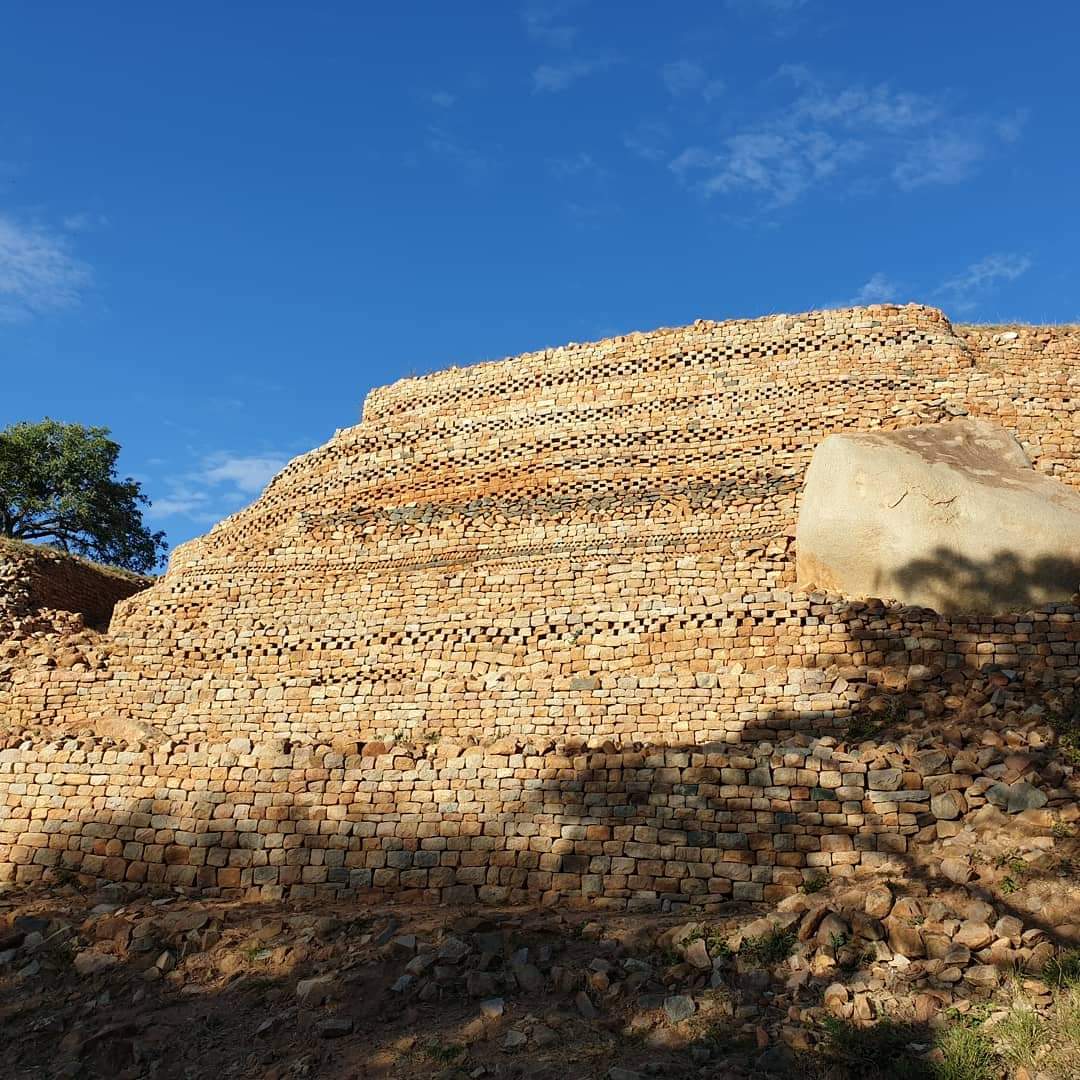 family of the Butua kingdom were known as the Togwa/Torwa/Tolwa" title="Of the people who left the Great Zimbabwe, a tribe of modern day Kalangas went west, they formed the Kingdom of Butua/Butwa, it& #39;s capital being KHAMI (Modern day Khami Ruins) The royal https://abs.twimg.com/emoji/v2/... draggable="false" alt="👑" title="Krone" aria-label="Emoji: Krone"> family of the Butua kingdom were known as the Togwa/Torwa/Tolwa">
family of the Butua kingdom were known as the Togwa/Torwa/Tolwa" title="Of the people who left the Great Zimbabwe, a tribe of modern day Kalangas went west, they formed the Kingdom of Butua/Butwa, it& #39;s capital being KHAMI (Modern day Khami Ruins) The royal https://abs.twimg.com/emoji/v2/... draggable="false" alt="👑" title="Krone" aria-label="Emoji: Krone"> family of the Butua kingdom were known as the Togwa/Torwa/Tolwa">
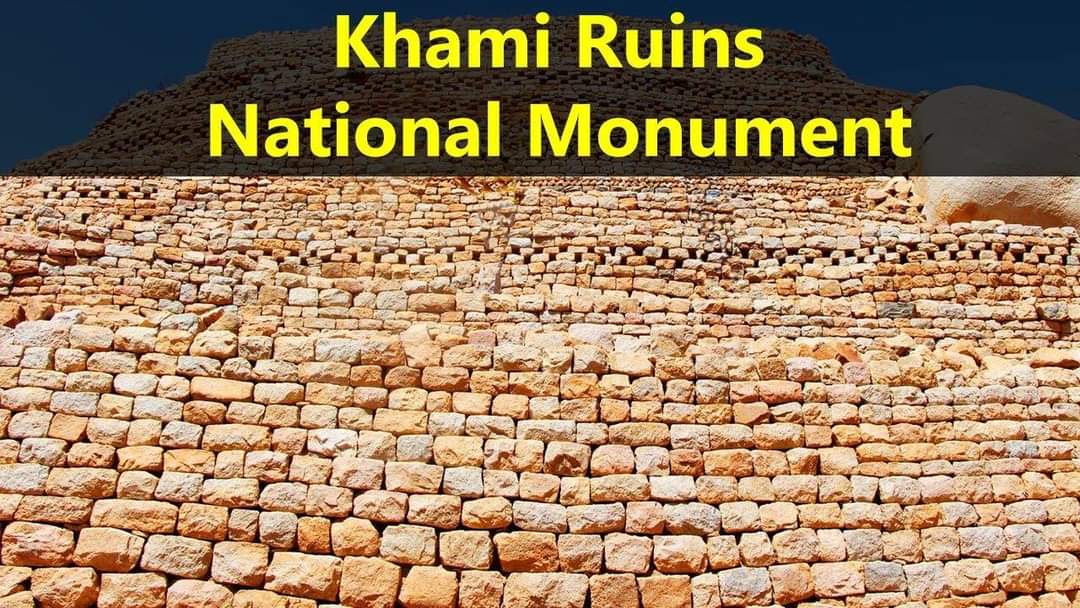 family of the Butua kingdom were known as the Togwa/Torwa/Tolwa" title="Of the people who left the Great Zimbabwe, a tribe of modern day Kalangas went west, they formed the Kingdom of Butua/Butwa, it& #39;s capital being KHAMI (Modern day Khami Ruins) The royal https://abs.twimg.com/emoji/v2/... draggable="false" alt="👑" title="Krone" aria-label="Emoji: Krone"> family of the Butua kingdom were known as the Togwa/Torwa/Tolwa">
family of the Butua kingdom were known as the Togwa/Torwa/Tolwa" title="Of the people who left the Great Zimbabwe, a tribe of modern day Kalangas went west, they formed the Kingdom of Butua/Butwa, it& #39;s capital being KHAMI (Modern day Khami Ruins) The royal https://abs.twimg.com/emoji/v2/... draggable="false" alt="👑" title="Krone" aria-label="Emoji: Krone"> family of the Butua kingdom were known as the Togwa/Torwa/Tolwa">
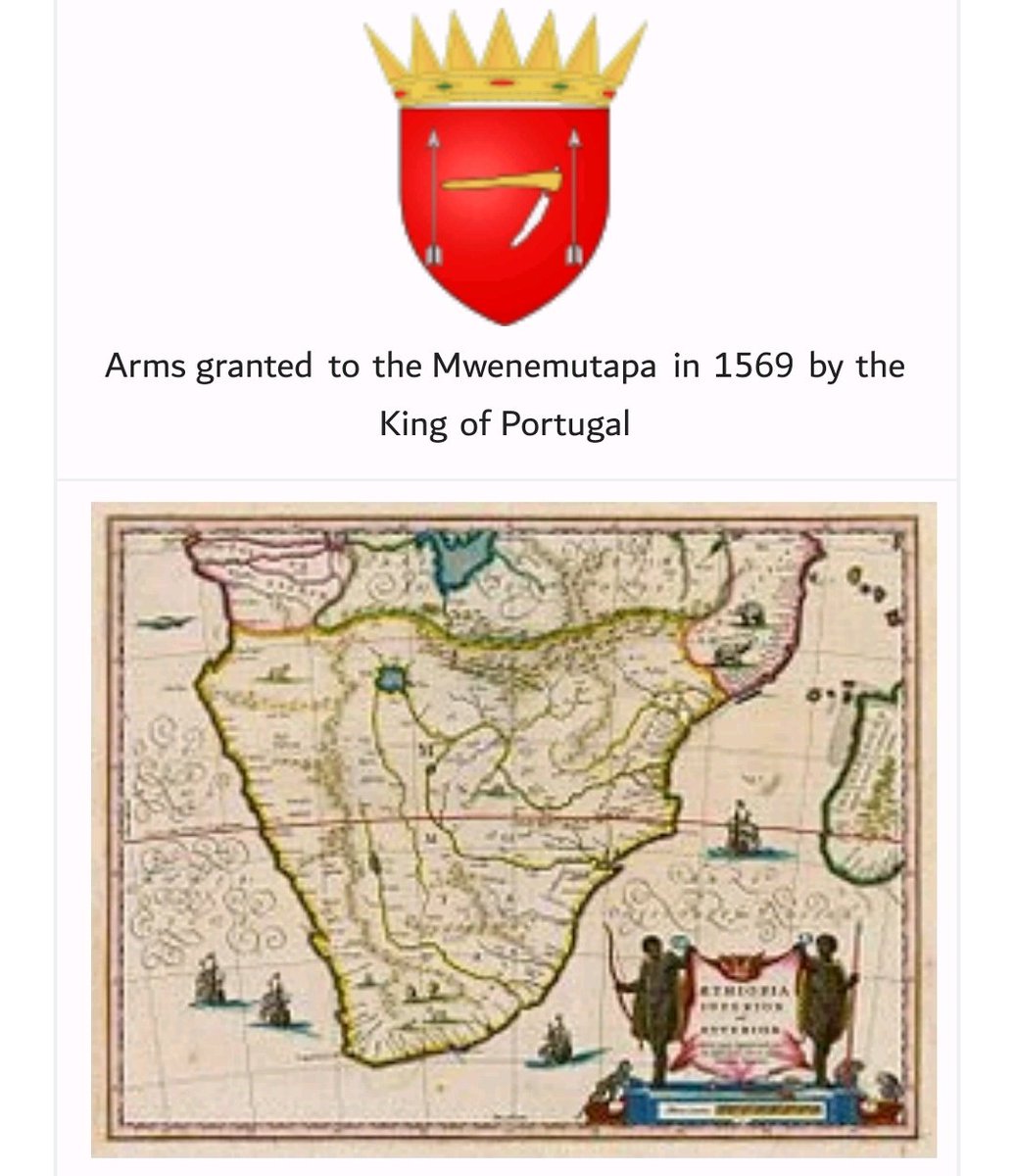 families of the Mutapa state." title="Mutapa empire was at it& #39;s peak in the 1480s through to the 1500s when they had a very close relationship with the Portuguese who came to trade. The Portuguese had serious influence on the royal https://abs.twimg.com/emoji/v2/... draggable="false" alt="👑" title="Krone" aria-label="Emoji: Krone"> families of the Mutapa state." class="img-responsive" style="max-width:100%;"/>
families of the Mutapa state." title="Mutapa empire was at it& #39;s peak in the 1480s through to the 1500s when they had a very close relationship with the Portuguese who came to trade. The Portuguese had serious influence on the royal https://abs.twimg.com/emoji/v2/... draggable="false" alt="👑" title="Krone" aria-label="Emoji: Krone"> families of the Mutapa state." class="img-responsive" style="max-width:100%;"/>
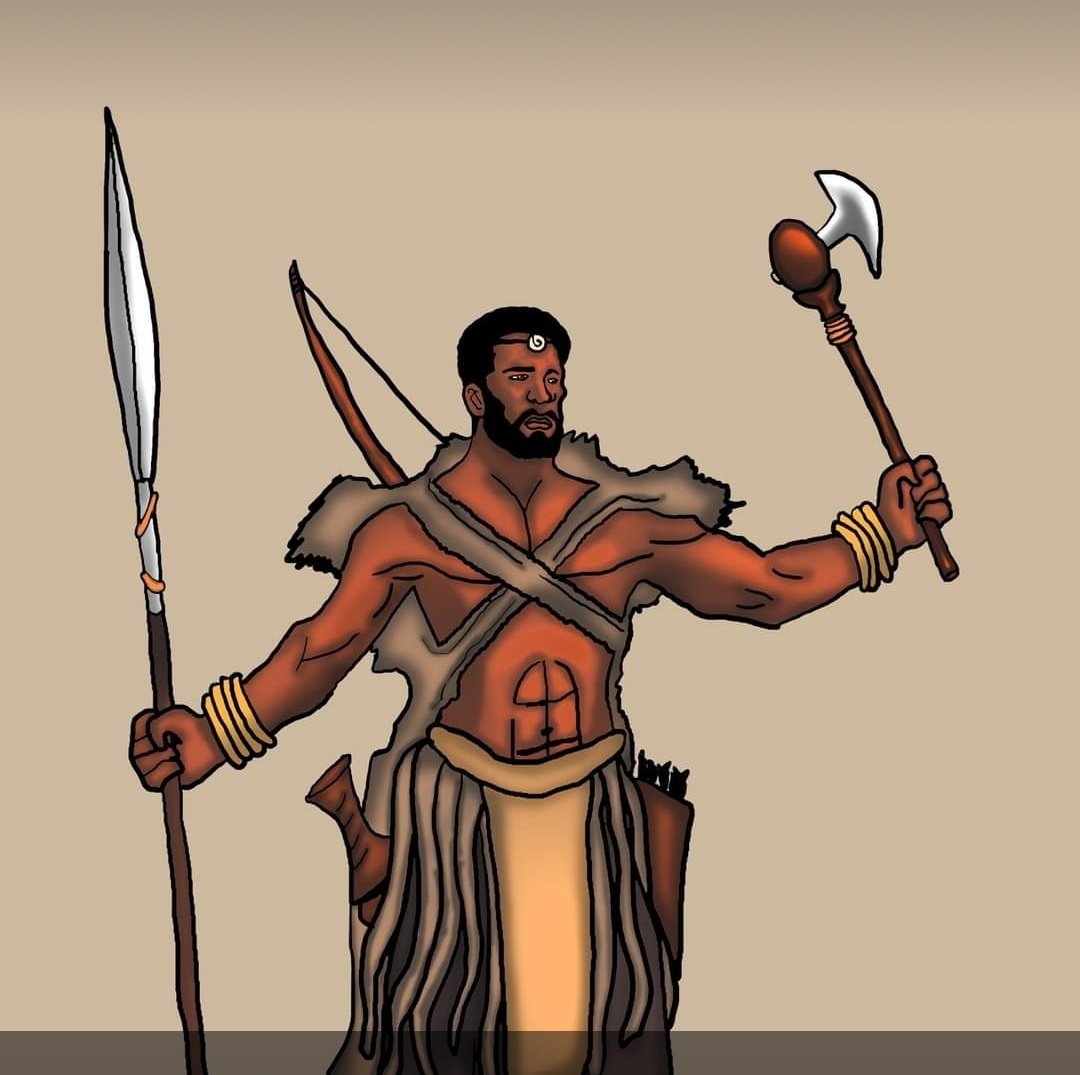
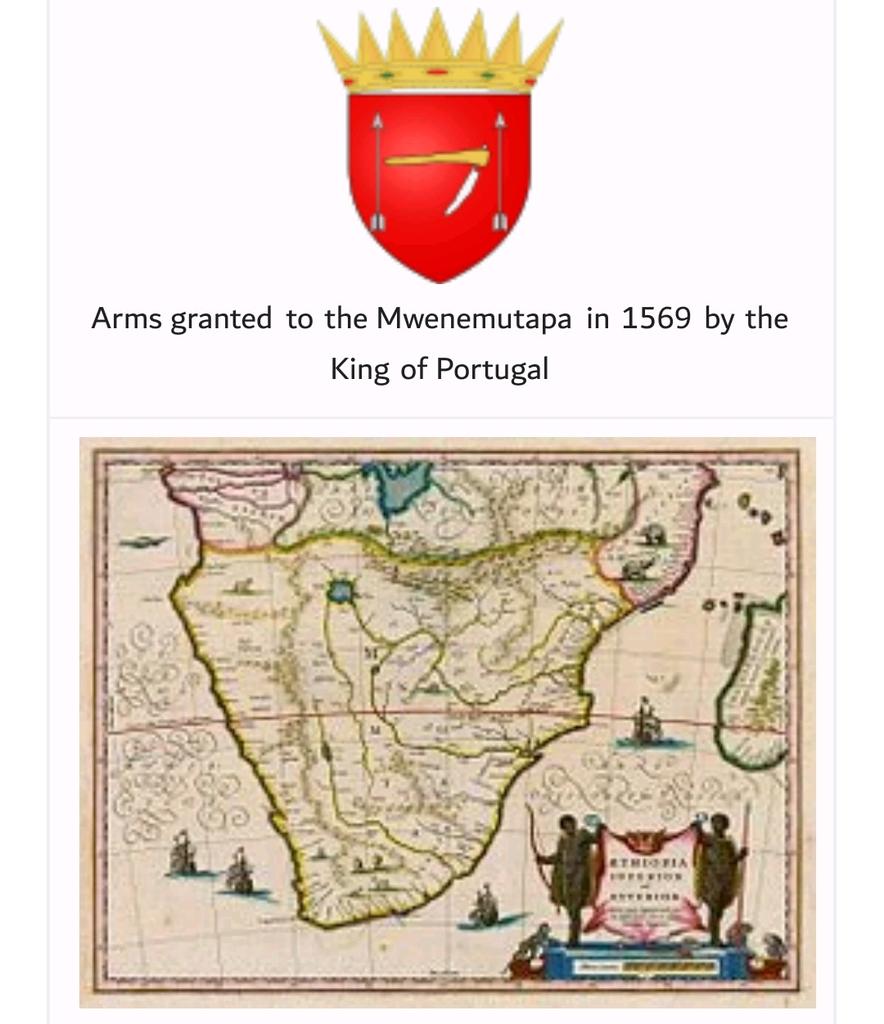
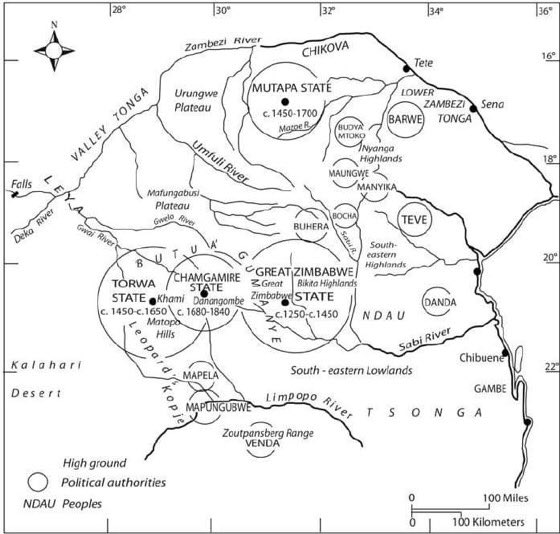


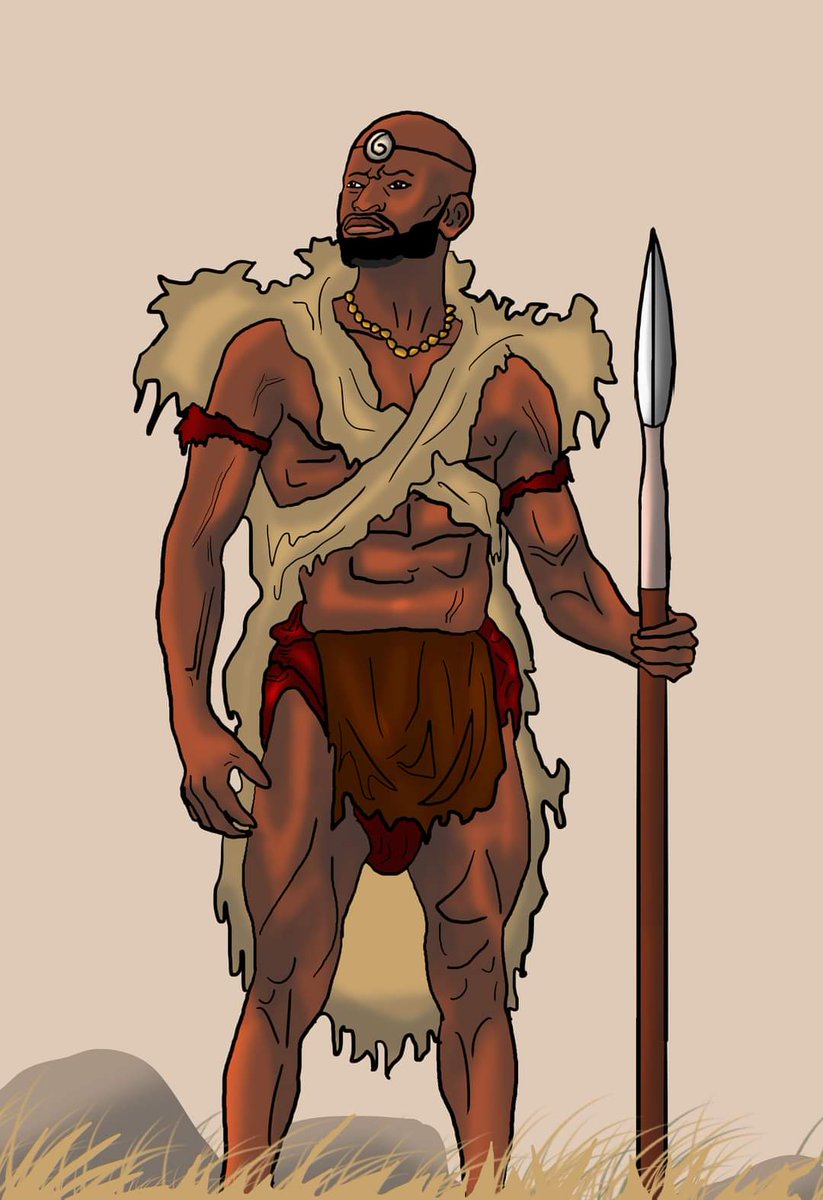
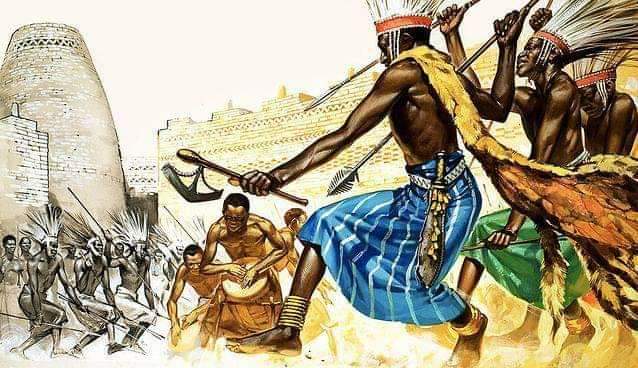


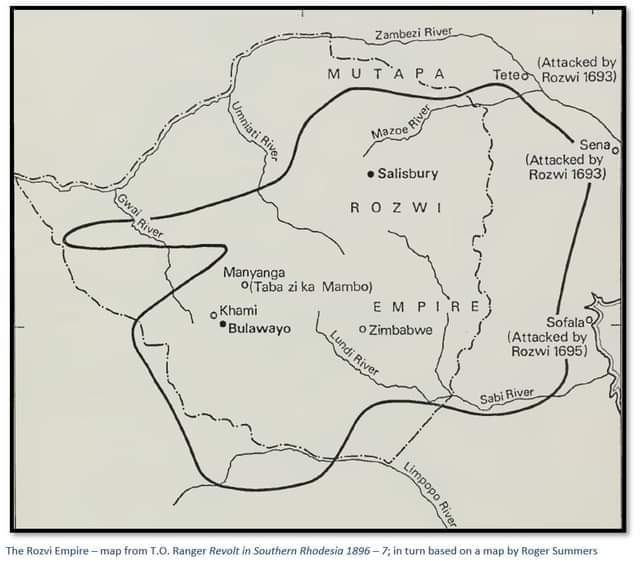
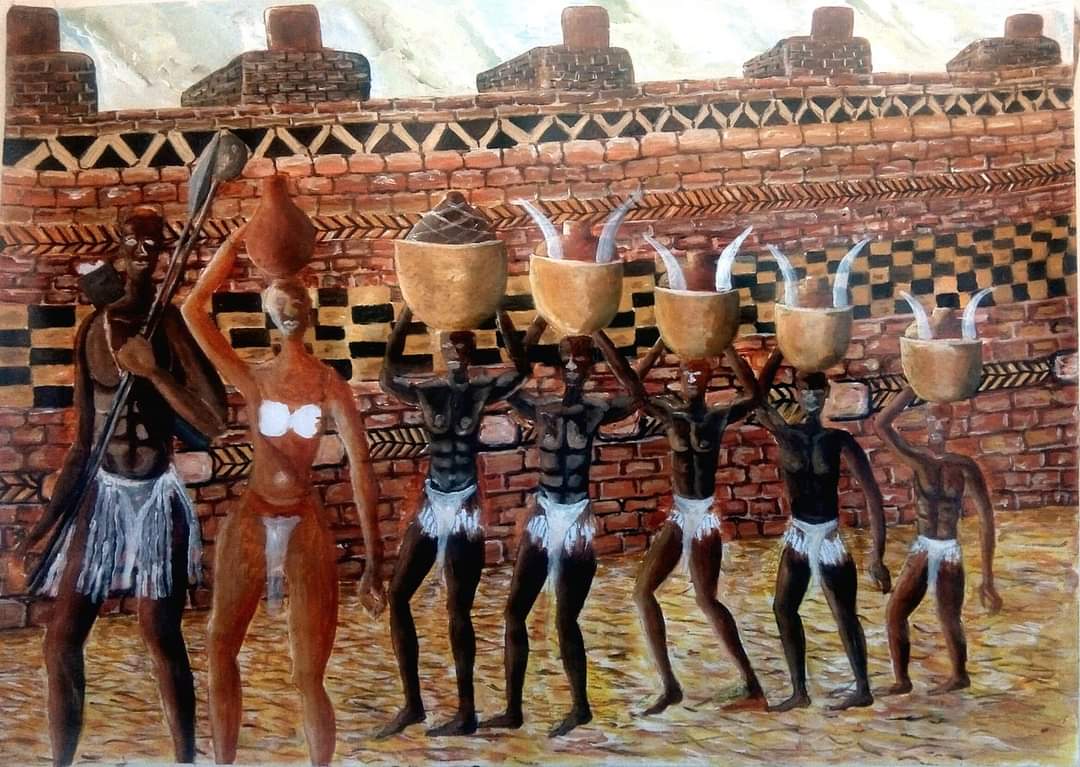
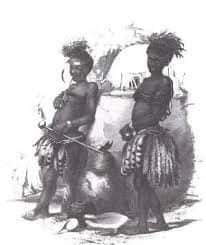
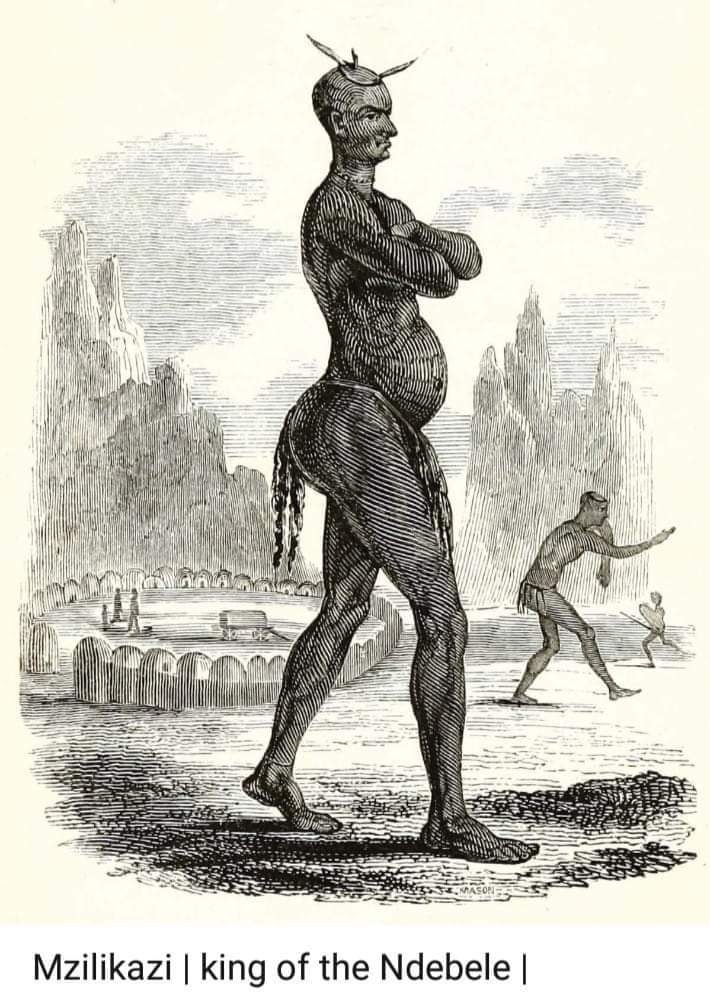
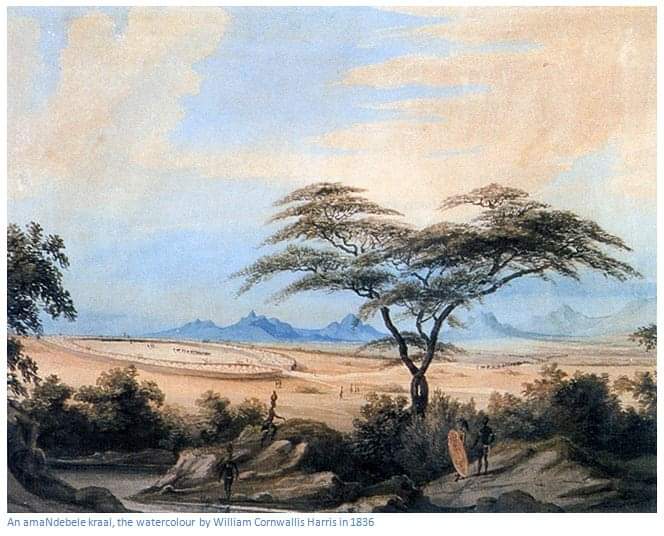
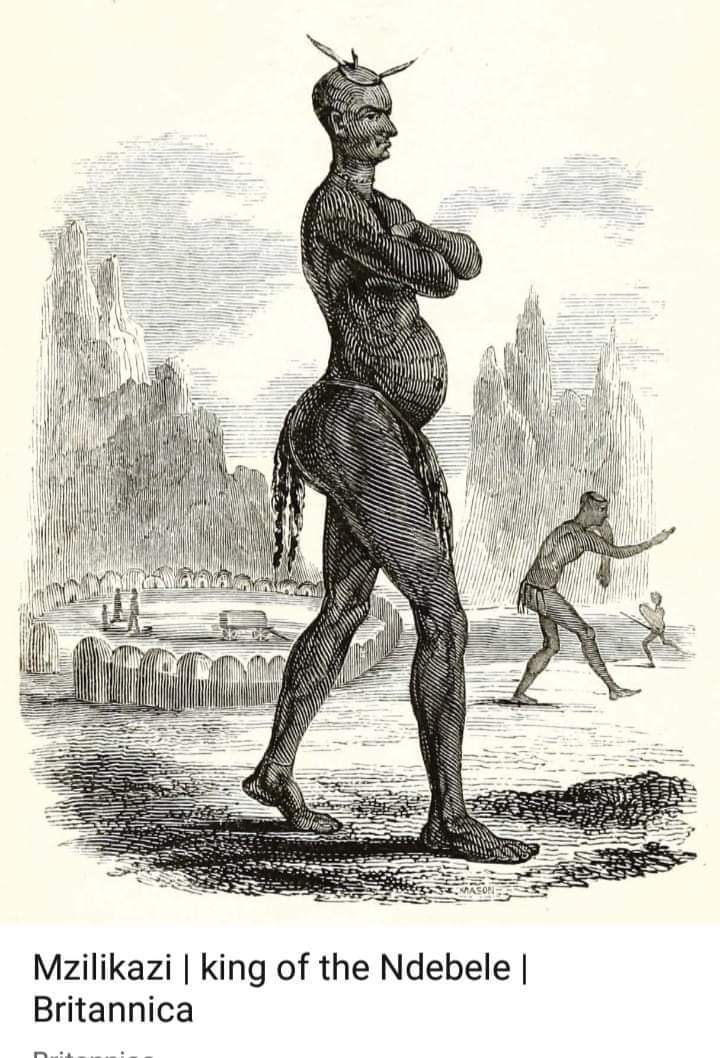


![According to one account, his son and all the chiefs who had chosen him were put to death on his orders. A popular belief is that they were executed by being thrown down a steep cliff on the hill now called Ntabazinduna [hill of the chiefs]. According to one account, his son and all the chiefs who had chosen him were put to death on his orders. A popular belief is that they were executed by being thrown down a steep cliff on the hill now called Ntabazinduna [hill of the chiefs].](https://pbs.twimg.com/media/EiSmULiXYAA0K93.jpg)
![After resuming his role as chief, Mzilikazi founded his capital 5 kilometres from Ntabazinduna and named it ko-Bulawayo [place of slaughter]. Shaka& #39;s capital was also called Bulawayo After resuming his role as chief, Mzilikazi founded his capital 5 kilometres from Ntabazinduna and named it ko-Bulawayo [place of slaughter]. Shaka& #39;s capital was also called Bulawayo](https://pbs.twimg.com/media/EiSnvIbXcAYyWAo.jpg)
